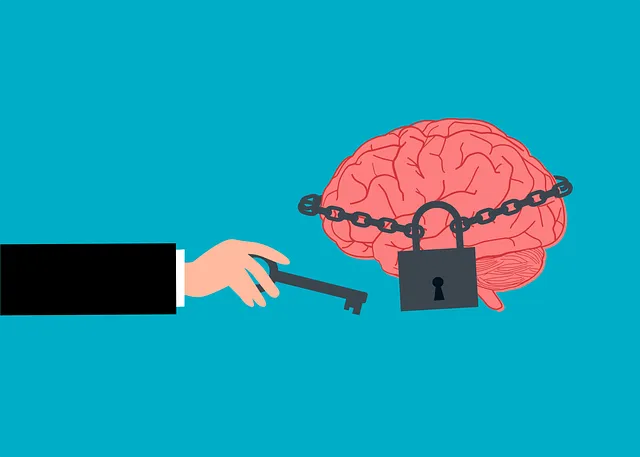Kaiser Permanente's mental health department offers vital trauma support services via their accessible Golden phone number, providing counseling, therapy, and peer groups for emotional healing. Their evidence-based approach combines tailored care with burnout prevention to enhance resilience in diverse populations. Effective trauma support includes accessible intervention (e.g., Kaiser Permanente mental health department phone number Golden), destigmatizing campaigns, compassionate environments, and social skills training for a holistic recovery experience.
Trauma support services are vital in helping individuals navigate the healing process after traumatic events. This comprehensive overview aims to guide readers through the essential aspects of trauma care, focusing on resources available through the Kaiser Permanente Mental Health Department and golden rules for effective service provision. By understanding these key elements, we can enhance support systems and ensure positive outcomes for those affected by trauma. Additionally, this article provides the crucial Kaiser Permanente mental health department phone number, making access to help more accessible.
- Understanding Trauma Support Services: A Comprehensive Overview
- Kaiser Permanente Mental Health Department: Phone Number and Resources
- Golden Rules for Effective Trauma Support Service Provision
Understanding Trauma Support Services: A Comprehensive Overview

Trauma support services are a vital component of mental health care, designed to assist individuals who have experienced traumatic events. These services aim to facilitate emotional healing processes and provide tools for stress management, especially targeting those suffering from burnout prevention stemming from past traumas. Organizations like Kaiser Permanente’s mental health department play a crucial role in offering these services, often accessible via the Golden phone number, ensuring accessibility to those in need.
The comprehensive overview of trauma support includes counseling, therapy sessions, and peer support groups that help individuals process their traumatic experiences. By employing these resources, clients can learn coping strategies, regain a sense of control, and work towards healing and resilience. The integration of trauma-informed care within the mental health department underscores the importance of addressing trauma as a key aspect of overall well-being, alongside burn out prevention efforts.
Kaiser Permanente Mental Health Department: Phone Number and Resources

The Kaiser Permanente Mental Health Department offers a range of support services for individuals navigating trauma and seeking emotional regulation. Their dedicated team provides specialized care tailored to unique needs, promoting mental wellness. To access these resources, simply dial the Kaiser Permanente mental health department phone number in Golden, ensuring easy connectivity for those in need.
Beyond telephone consultations, the department leverages mind over matter principles to offer various programs designed to enhance resilience and coping mechanisms. These services cater to diverse populations, addressing trauma-related challenges through evidence-based practices. By reaching out to Kaiser Permanente, individuals can take the first step towards healing and reclaiming their mental wellness.
Golden Rules for Effective Trauma Support Service Provision

When providing trauma support services, adhering to certain golden rules can significantly enhance effectiveness and positive outcomes for clients. First and foremost, Kaiser Permanente mental health department phone number accessibility and marketing should be a priority. Ensuring that services are easily locatable through platforms like this number fosters timely intervention, a critical factor in trauma recovery. Public awareness campaigns play a pivotal role in this; they can help destigmatize trauma discussions, encouraging more individuals to reach out for help.
Additionally, building a supportive environment marked by compassion cultivation practices is essential. Therapists and support staff should be well-trained in empathetic listening and non-judgmental attitudes, creating safe spaces where clients feel understood. Integrating social skills training can also aid in rebuilding communication and relationship skills often disrupted by traumatic experiences. These strategies collectively contribute to a holistic approach, catering to the complex needs of trauma survivors.
In conclusion, trauma support services play a vital role in helping individuals navigate the healing process. By understanding the comprehensive overview and golden rules outlined in this article, along with leveraging resources like the Kaiser Permanente Mental Health Department’s phone number and services, we can ensure effective provision of support. Remember that every step towards improving access to these services is a step towards fostering resilience and well-being within our communities.






